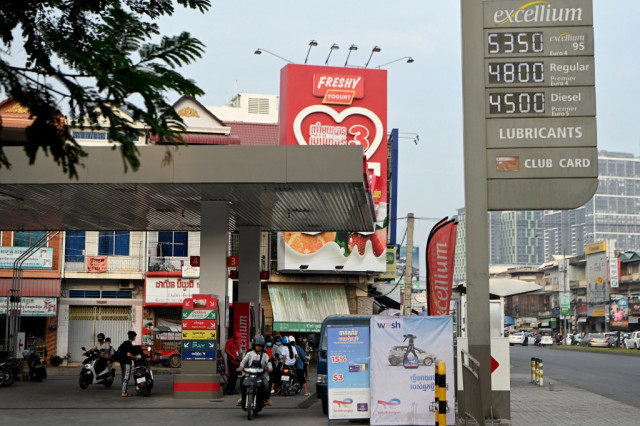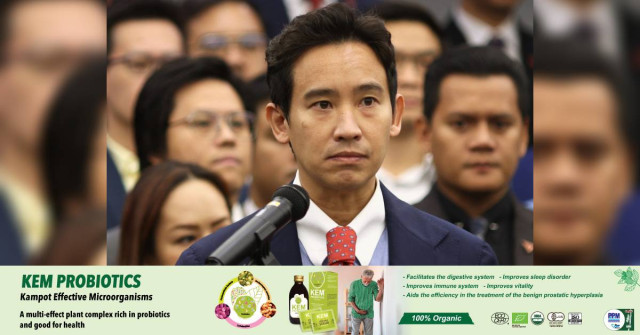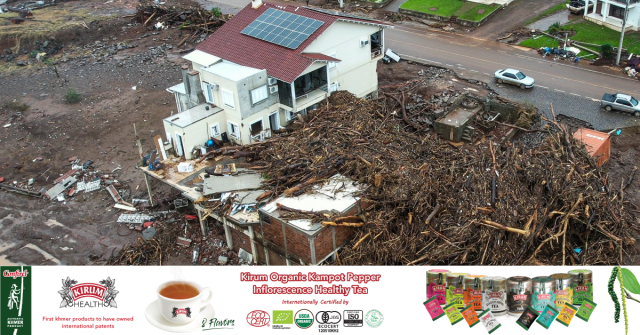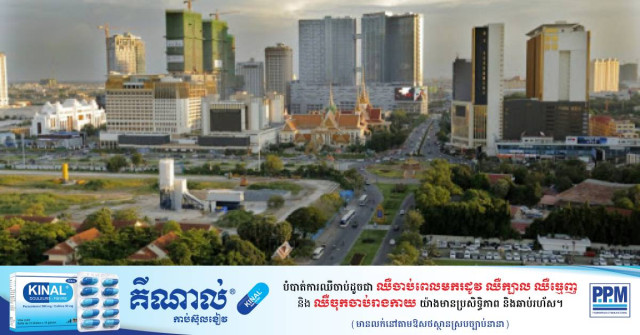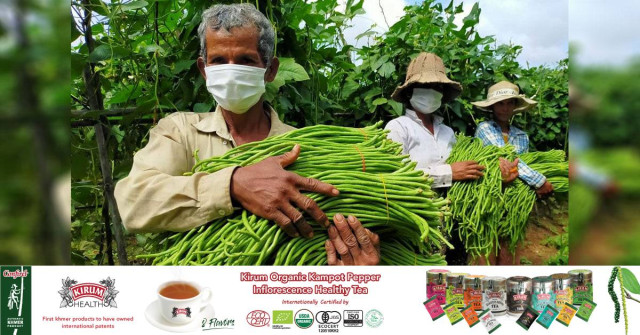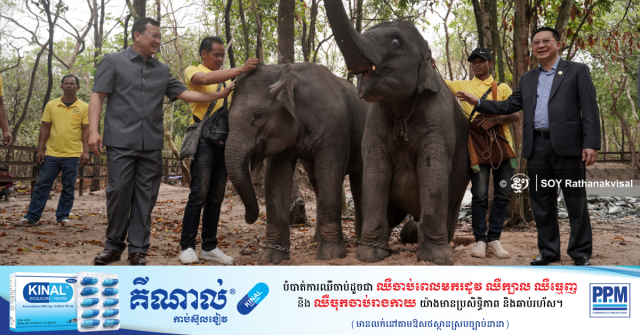Probe Reclaimed Lake Land Deals: NGOs
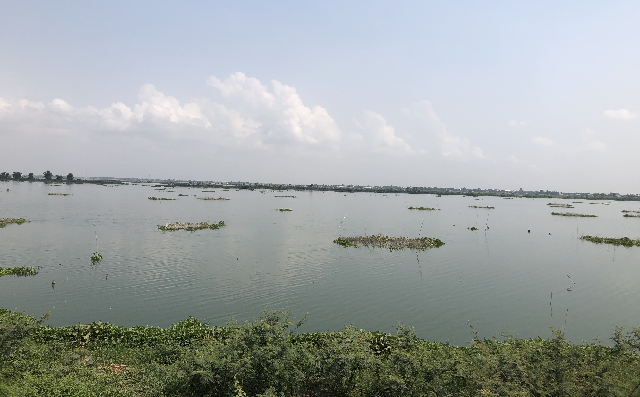
- By Sam Sopich
- June 3, 2022 11:48 AM
Ta Mok development ‘breaks approved plan’
PHNOM PENH–Environmental groups have called on the government to investigate alleged irregularities in the sell-off of land in the Boeung Ta Mok Lake area to private interests.
Twenty-seven civil society groups issued a joint statement on June 2 urging the government also to address environmental concerns.
They said that in the past two years of the COVID-19 outbreak, 65 percent of reclaimed Boeung Ta Mok Lake land had been granted to private and public institutions for construction projects without a clear plan, contrary to the approved land-use plan. Filling in the lake to provide land had affected people's livelihoods and caused urban flooding.
Heng Kimhong, program manager at the Cambodian Youth Network, said Ta Mok Lake was raised to mark World Environment Day on June 5 because the lake issue was a key contributor to flooding in Phnom Penh.
It is also the last big lake with a vital role in holding treated sewage and stopping it from flowing into the city.
The civil society groups were concerned about the impact of filling in the lake on local people and the environment, he said, adding that the government should allocate the land fairly.
“We are concerned about land acquisition for privatization by selling off state land to private companies without transparency,” Kimhong said.
Seang Mouylay, housing rights and research project manager of Sahmakum Teang Tnaut (STT), said filling in Ta Mok Lake affected villagers who made ends meet from the lake. Most of the fish and collect lotus flowers, he said.
Some borrowed money from microfinance institutions during the COVID-19 outbreak to raise fish as they could no longer catch fish in the lake, Mouylay said.
Around 20 families were evicted and moved to another place without proper compensation. He said that Ta Mok Lake is a big natural lake that can prevent flooding in Phnom Penh city.
“Filling Ta Mok Lake seriously affects the livelihood of people who enjoy fishing and lotus cultivation,” he said.
According to STT research, about 300 families and about 1,000 people live around the lake, most of whom are engaged in fishing, farming and renting small houses.
Development should be balanced
Mouylay said he appreciated the government’s efforts for social and economic development but development must benefit everyone and be without corruption.
He said the government should reassess Ta Mok Lake so that everyone can enjoy the development with less effect on the environment.
Heng Kimhong of CYN urged the government to consider the environmental impacts before approving any development, which should balance advantages and disadvantages.
Government spokesman Phay Siphan said the civil society groups should be more specific and aware of the mechanisms set out by the government for the development of Ta Mok Lake.
Some villagers who were evicted had illegally taken state land beside the lake. They had been compensated with another plot at a different place but they sold that land to others, Siphan said.
“NGOs should go and ask the department of land management to find out to whom the state granted the land, how many hectares had been sold, and what the mechanisms are so that they can get rid of their concerns over the transparency of the land provision,” Siphan said.
He said the government had two policies for infilling Ta Mok Lake. The government would provide land for those living nearby who are affected and some areas were sold because they belonged to the state.
“This lake belongs to the state, so we have authority to use it for public and state interests,” Siphan said.
Environment spokesperson Neth Pheaktra could not be reached for comment.
Boeung Tamok spans two districts, six communes and 25 villages, with residents farming and running small businesses in addition to fishing and aquaculture, according to STT.








